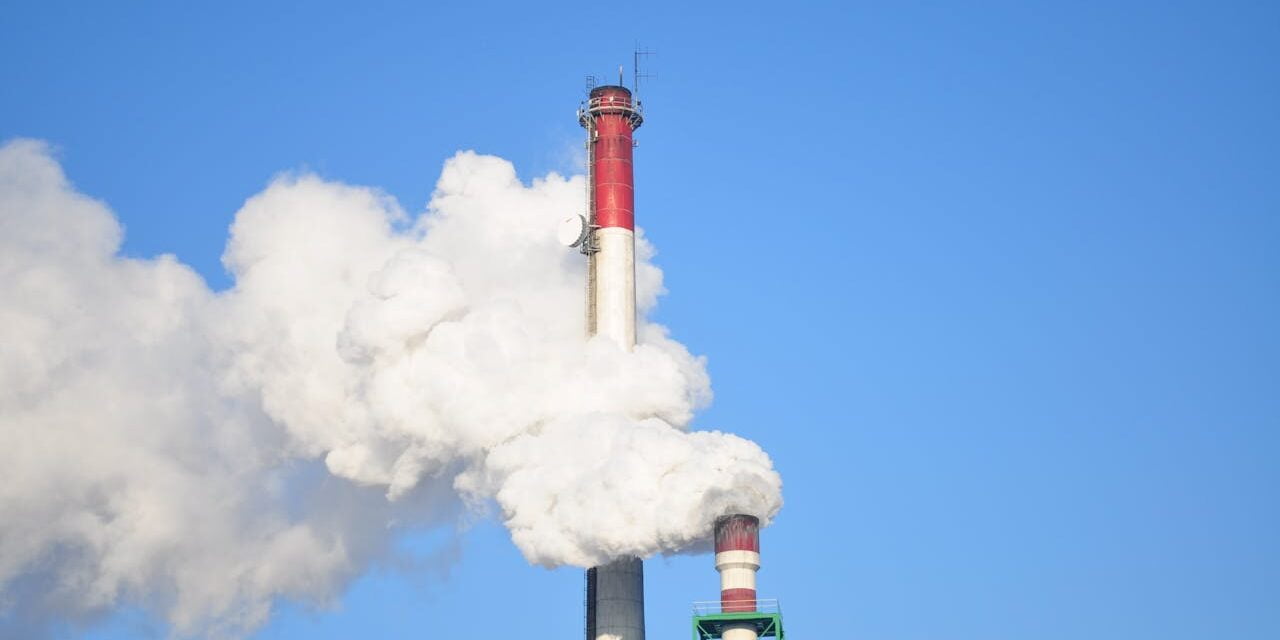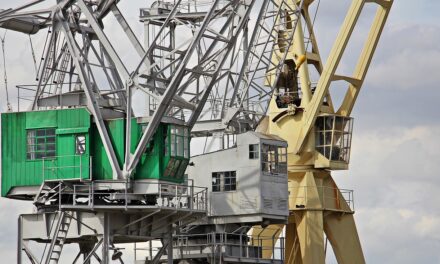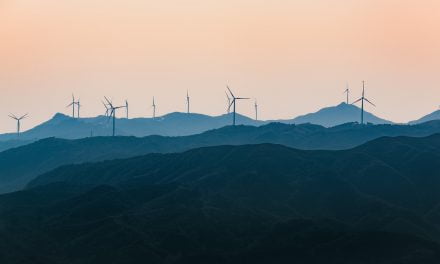Singapore and Indonesia inked an agreement on Thursday to collaborate on carbon capture and storage in a bid to help decarbonisation efforts.
A letter of intent was signed by Singapore Deputy Secretary of the Ministry of Trade & Industry Singapore Keith Tan and Indonesia Deputy Coordinating Minister for Maritime Sovereignty & Energy Jodi Mahardi.
Carbon capture and storage is a technology aimed at reducing carbon dioxide emissions from power plants and industrial processes. It involves capturing carbon dioxide emissions at their source, such as from the smokestacks of power plants or directly from industrial processes like cement production.
First of many steps
The agreement follows Indonesia’s presidential regulation on CCS issued earlier this year on January 30 which will allow CCS operators to set aside storage capacity for international carbon dioxide.
“Cross-border carbon capture and storage is an emerging solution in Asia, and supports Singapore’s transition towards a low-carbon future,” said Singapore’s Tan.
“Singapore is the first country to sign an LoI with Indonesia after its presidential regulation to allow cross-border CCS was announced. With this LoI, Singapore and Indonesia can become the pathfinders to catalyse deployment of cross-border CCS projects in Southeast Asia,” Tan said.
CCS: one of many roads to reducing CO2 emissions
CCS is considered one of the key strategies for reducing greenhouse gas emissions, particularly from industries that are difficult to decarbonize, such as steel, cement, and natural gas processing.
However, the technology is still relatively expensive and faces challenges related to cost, infrastructure, public acceptance, and long-term monitoring of storage sites.
The persistent high costs of CCS are attributed to high design complexity and the need for customization that limits the deployment of CCS, according to the International Institute for Sustainable Development.
“Singapore and Indonesia affirmed the importance of CCS as a decarbonisation pathway, and the potential of CCS to enable sustainable industrial activities and generate new economic opportunities,” the Ministry said.
A working group comprising Singapore and Indonesia government officials will work towards a legally binding bilateral agreement. The agreement will enable the cross-border transport and storage of carbon dioxide between Singapore and Indonesia.
“This collaboration with Singapore not only amplifies Indonesia’s commitment to leading environmental stewardship in the region but also showcases our proactive approach in harnessing innovative technologies for sustainable growth,” said Indonesia’s Mahardi.
“The initiative positions Indonesia as a key player in the Southeast Asian CCS landscape, offering a model for cross-border environmental cooperation,” he said.







